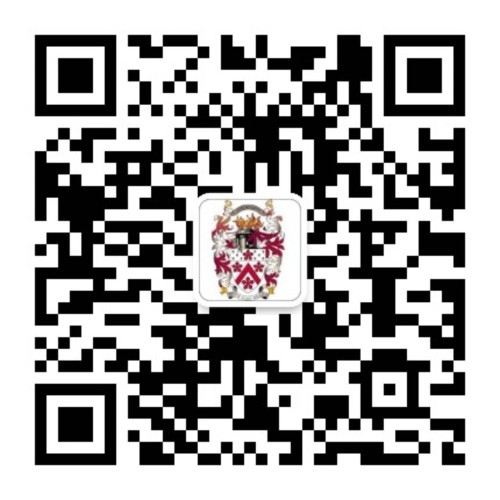Why We Got So Many Top UK Universities Offers to Study Maths?
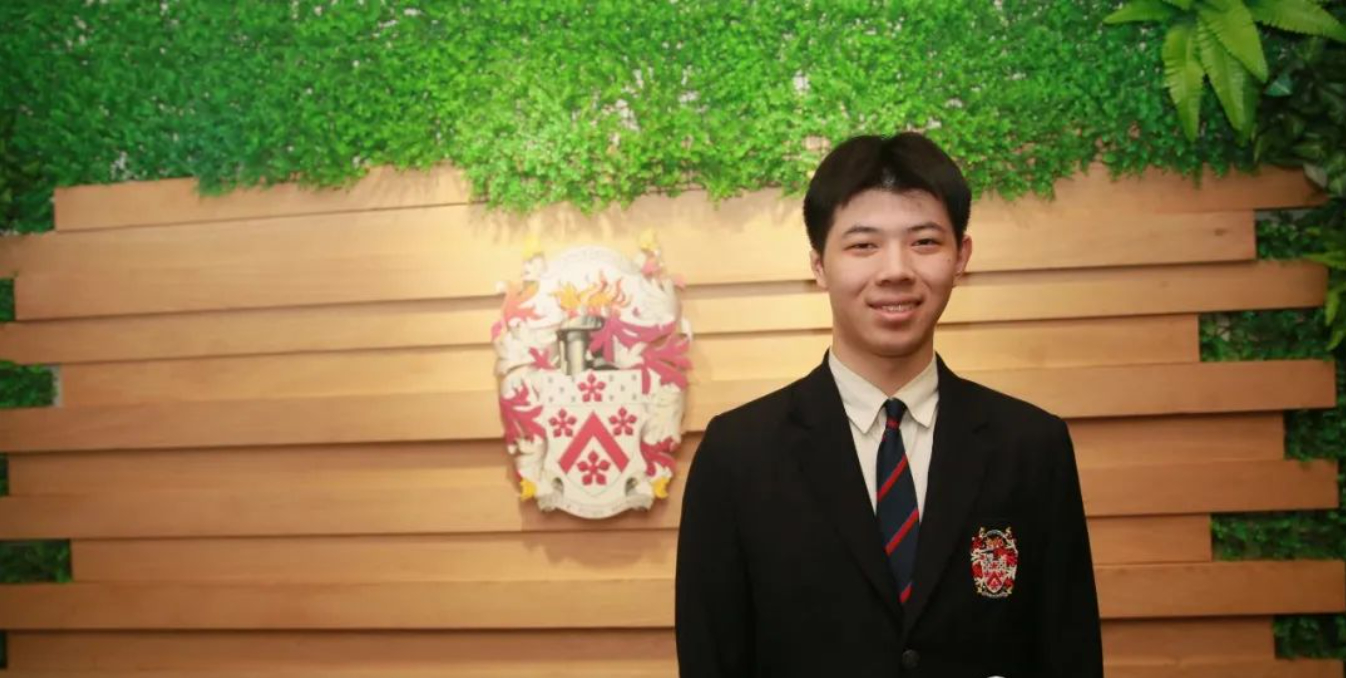
Solomon Z, a Year 13 student from Dulwich International High School Suzhou, has recently received offers from University of St Andrews and University of Glasgow to study mathematics. He’s also preparing for his admissions interview at the University of Oxford next week.
Solomon comes from Hangzhou. Recommended by his parent’s friend four years ago, he determined to study at Dulwich International High School Suzhou. When he first came to Suzhou and became a boarder, he felt very nervous. However, his classmates, teachers and house parents soon helped him to integrate into the Dulwich family, he therefore could fully devote himself to his Dulwich life.
As Solomon expected, here in Dulwich, there was no communications gap between students and teachers, and he has more space and time for independent study. One year after he has been in Dulwich, he found that learning by accumulating knowledge was the most efficient and useful way for him. He would do some research based on the new knowledge on his own, so that he can know exactly what is going on. In year 10, during the supervised study time, Solomon would do some research on what he had learned in class and expand on it, which helped him study more efficiently in year 12 and 13. For him, learning is not only about rote memorisation, but to ask why. This method was also continuously implemented and applied by Solomon in his later studies.
"Before I joined Dulwich, I didn't regard myself as being outstanding in maths, but I changed after I performed highly once at the Senior Mathematical Challenge in year 10." It was teachers' recognition and encouragement give Solomon the confidence to enter more competitions, and in the year 12 of the competition, he won first place among his peers. He also joined the Maths club and became the president of the club. While preparing lessons for the club members, Solomon learned new knowledge, which gave him more enjoyment in learning maths.

During the time at Dulwich, Solomon found the learning method that suits him best, stating this also became the highlight of his personal statement for applying to the University of Oxford. He and six other students took part in the school’s Oxbridge workshop, which was provided online by counsellors and the tutors from Dulwich College London.
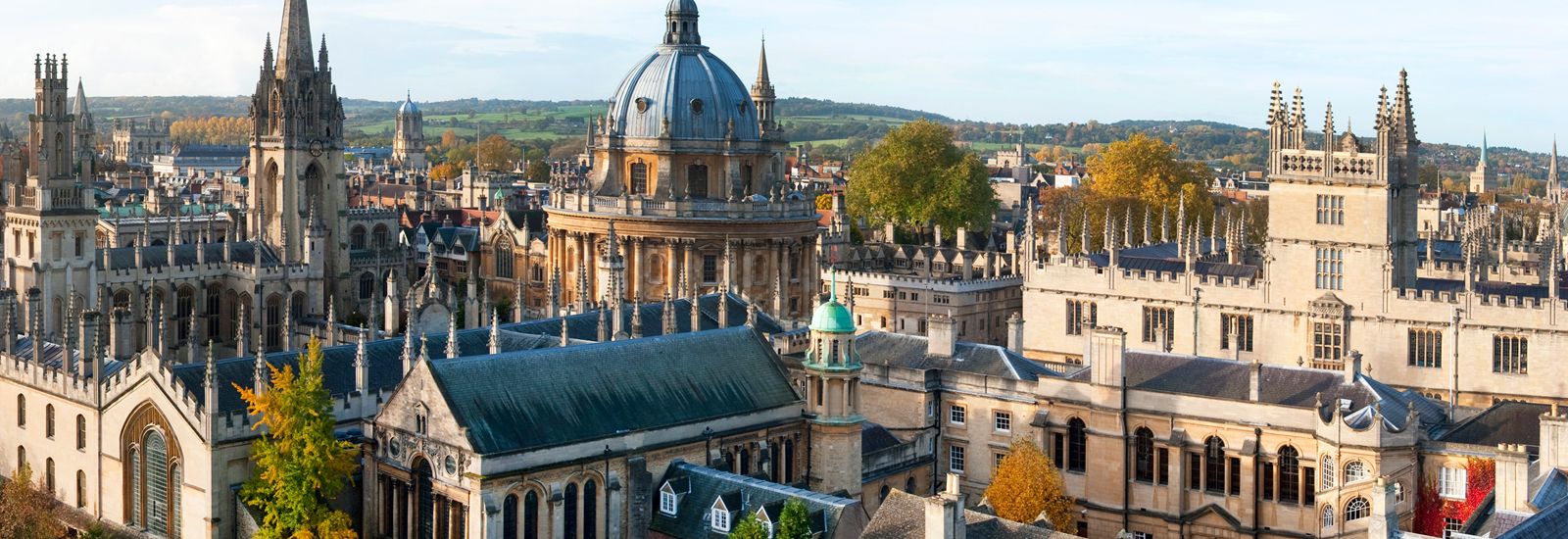
"What Dulwich International High School Suzhou provides me is a springboard. When I was in junior high school, I couldn't even imagine that I could apply for Peking University or Tsinghua University, but after four years in Dulwich, I was now closer to world top universities such as the University of Oxford and the University of St. Andrews."
DHSZ paves way for Solomon to start a new journey and explore his possibilities.
We are delighted to announce that our Year 13 students have already received 22 Maths offers from UK universities by 3rd December, 2021.
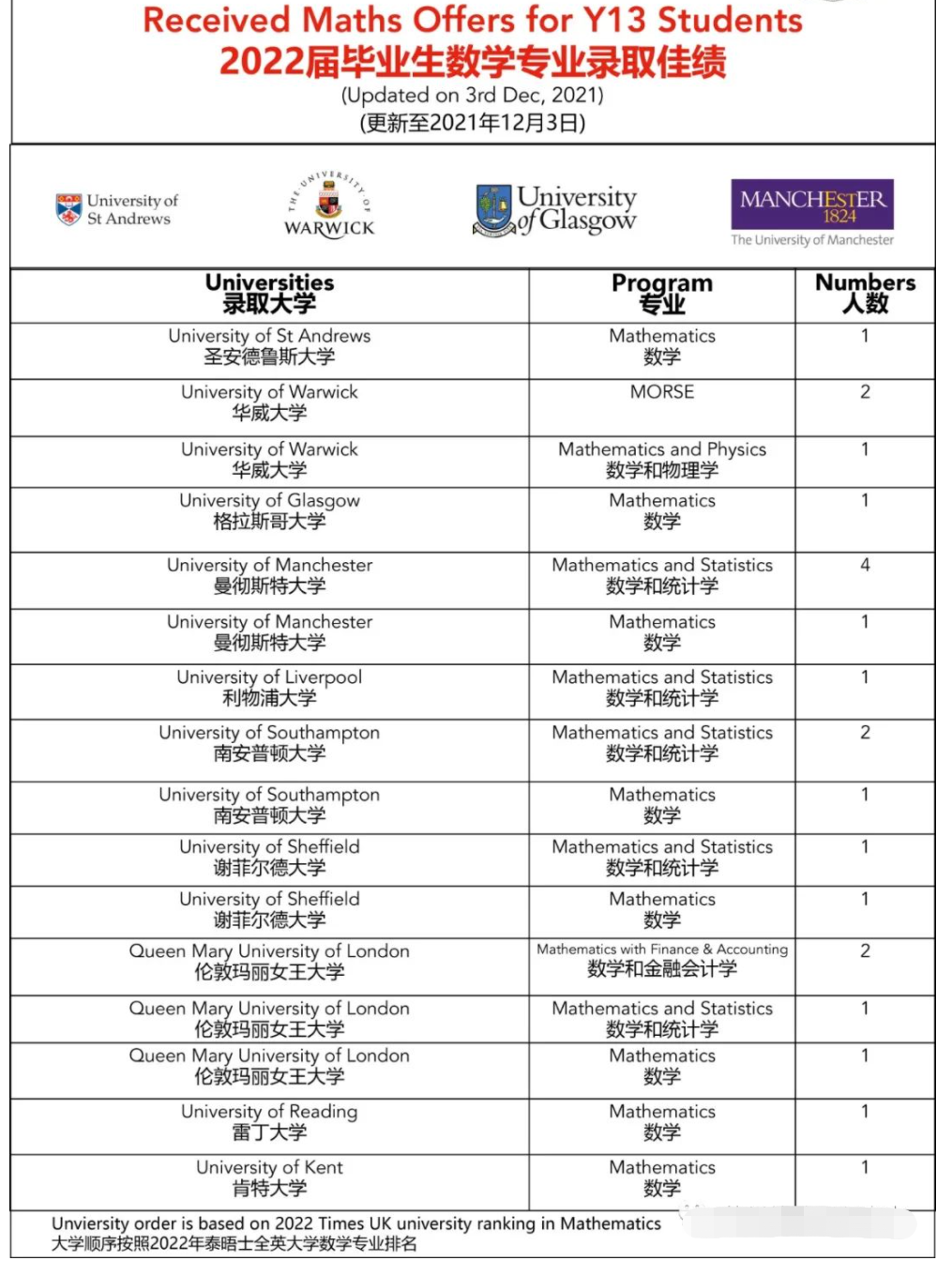
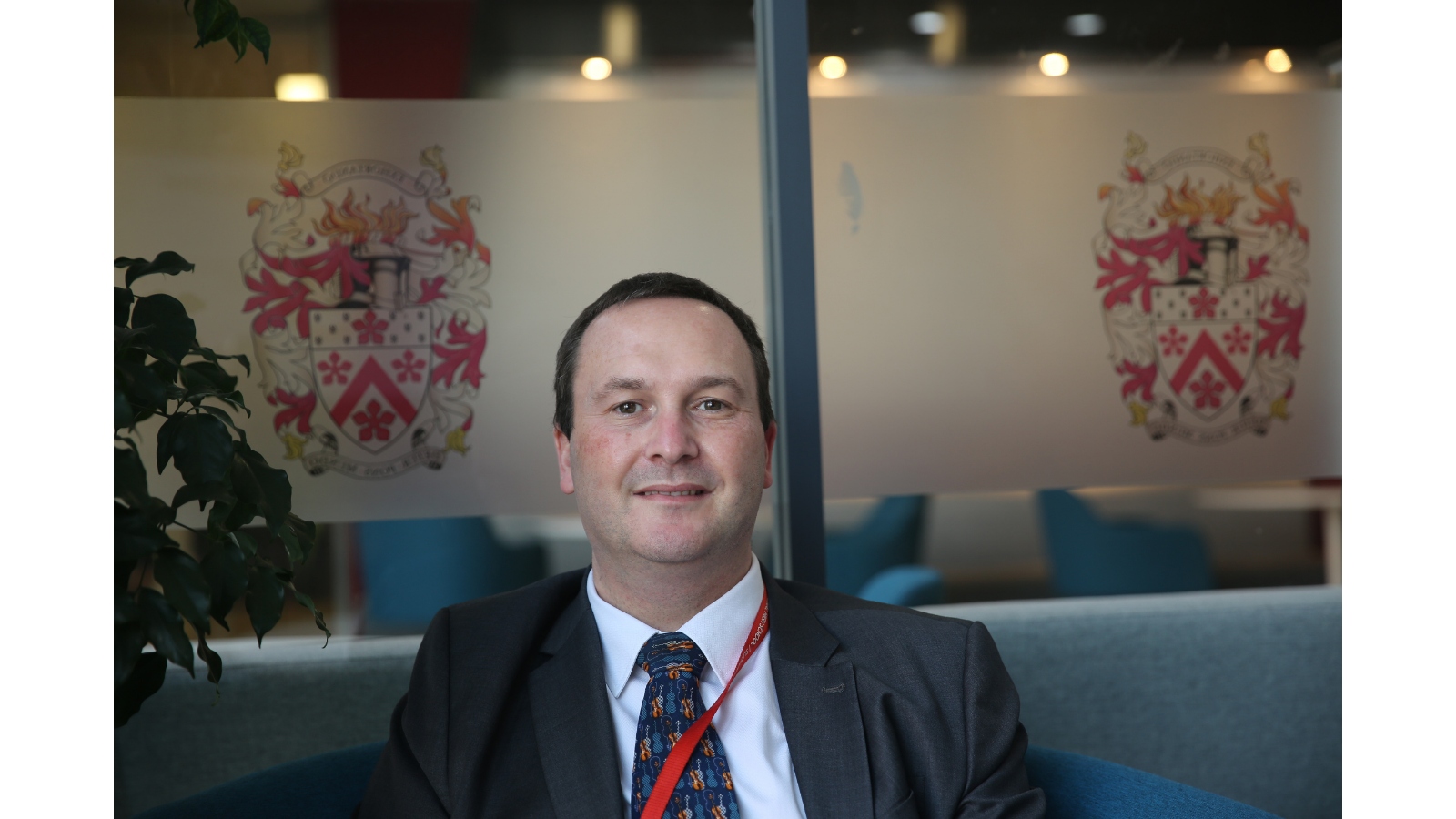
On the morning of Friday the 26th of November 2021, we had the pleasure of a short Interview with Mr. Crozier, Head of Mathematics at Dulwich International High School Suzhou. We’d asked Mr. Crozier for an Interview as we’d noticed that so many of our year 13 students were getting offers from some of the very best Universities in the UK to study mathematics. Mr. Crozier was able to provide a fascinating explanation for this very encouraging statistical trend.
"This year the proportion of students that have chosen to study maths at university, both as a single subject, and combined with finance, economics, accountancy or MORSE is much, much higher than we have ever seen before. Its nearly twice as much as a proportion. The reason for this is that we’ve worked very hard as a team, for several years, trying to get students to understand two very important things.
Firstly, we’ve tried to make students understand that maths is a very important service subject to other things. However, if we just look at the students that have chosen to just study mathematics, we have worked very hard to encourage students to develop a real passion for maths. It’s not just something you do because it’s good for you, or you do it because it’s important. No student has ever been able to tell me why maths is important. We are trying to move away from the idea that maths is important (which it is, of course) but more to the point, how it applies to the world around us. "
Developing Enjoyment and Understanding
Mr. Crozier is one of the longest serving members of teaching staff at Dulwich International High School Suzhou. As a result, he is full of fascinating insights into how the school has changed and developed over the years and has the perfect perspective on trends.
“In the lower school, we made a very important decision, that instead of rattling through maths as quickly as possible, getting the highest grades possible, as soon as possible, we tried to ensure that students have a deep understanding and gain a deep enjoyment of what they are doing. In the lower school, it’s not about doing the hardest maths as soon as possible, it’s about developing enjoyment and understanding. The current year 13 students are the first group that have been all the way through this process and the results speak for themselves.”
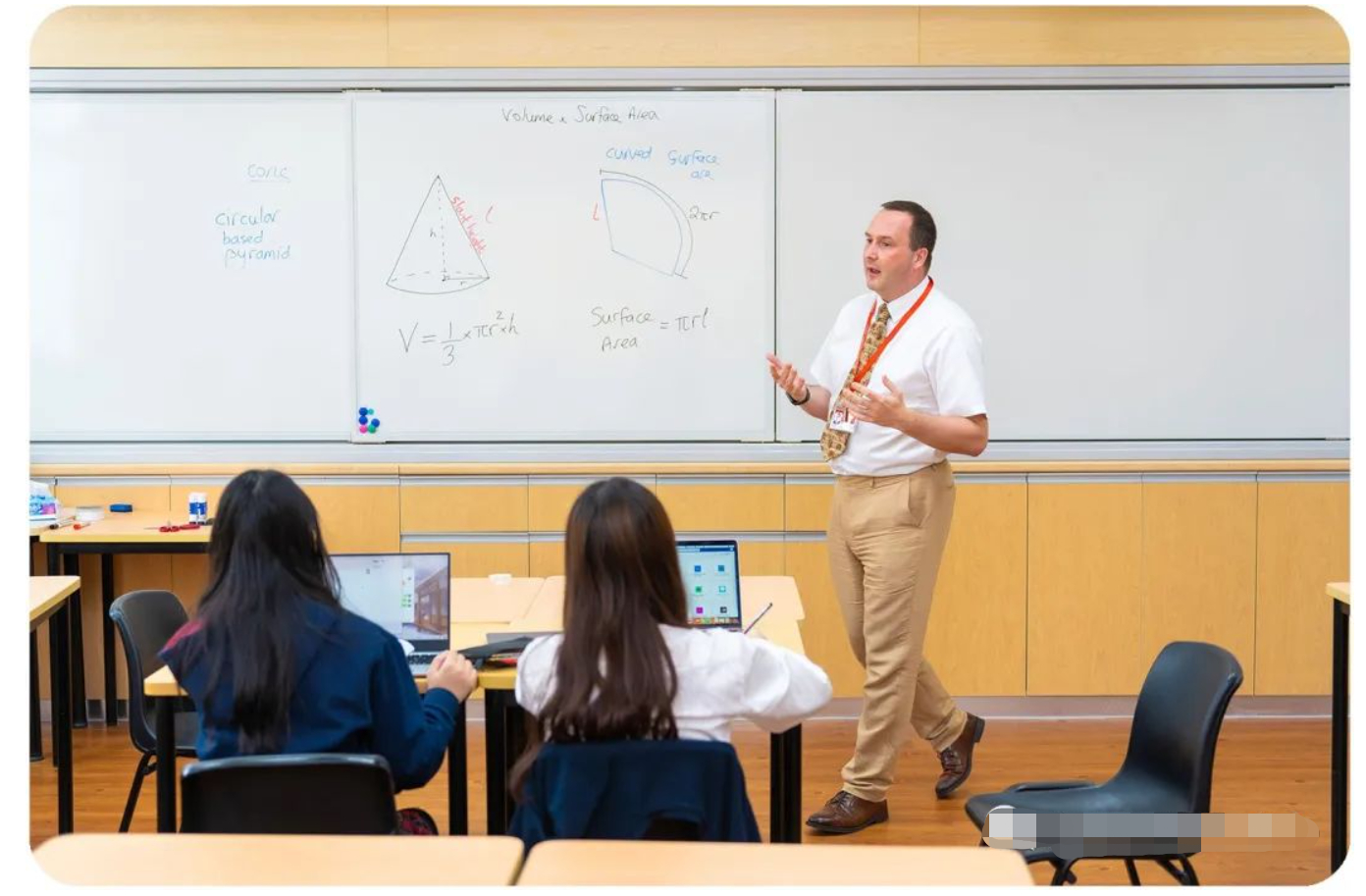
“A lot of the maths students that are applying to these top UK universities are Further Maths students, working right at the top of their ability level. In year 13 our students have a choice about the type of maths that they do. So, if they have a passion for statistics, they can choose to develop that passion. There are seven different pathways that students can take, in terms of breadth and depth. We have specialist teachers for each of the pathways. Mechanics teachers teach Mechanics. Statistics specialists teach Statistics. You can’t do anything without maths!”
Knowing what to do, when you don’t know what to do…
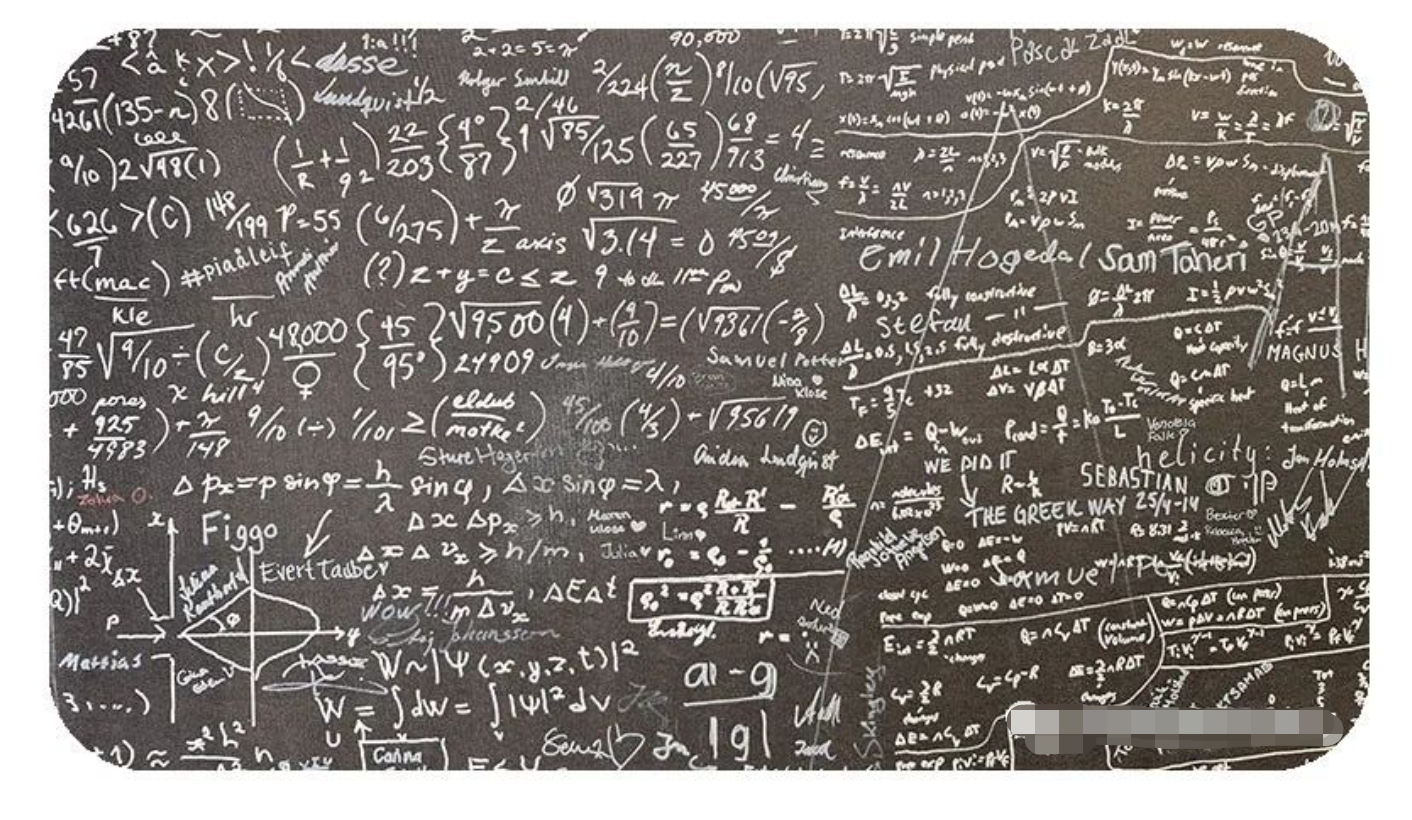
It’s always a pleasure talking to such apassionate educator, who so clearly cares about his students and is motivatedto achieve the very best for them. We asked Mr. Crozier if he had anysuggestions for younger students thinking of studying maths at university. Thisis what he had to say:
“First, they need to understand that it’s not a race. Secondly, you must get high grades. Succeeding at University is not about passing exams. If you want to be good at maths at university, students need to become independent in their problem solving and they need to become very independent in their critical thinking. They must know what to do when they don’t know what to do. They need to be able to figure things out for themselves."

Mr. Crozier explained that there is such a diversity of Maths courses available that it is vital to find the right one:
“In terms of mathematics at university, we have 12 maths teachers in our department each with a degree in mathematics, and every single one of them had a completely different experience at university. Students need to discover what excites them about mathematics and find the best university for them. You could study math at the University of Warwick, you could study maths at the University of Durham. Maybe only 20% of the material that they teach is the same. Students need to research carefully what excites them about mathematics and which university would be the best for them.”
Inspiring Students to develop a genuine passion for Mathematics
“We never tell students that maths is important. Maths gives you social mobility. If you are good at mathematics, you are good at lots of other things. Generally, people that are good at maths are good at everything! So, we don’t tell students maths is important. Instead, what we do is link it to daily life. Whenever we are teaching a topic, the first thing we introduce is the 'Why?'. Why are we doing this? There may be a situation where we introduce a problem and the students don’t have the mathematical tools to solve that problem, so we teach them the tools to solve that problem.
In years 12 and 13, we run a course called Maths in Context. Everything that students learn on this course is done through case studies and practical, real-world scenarios. Climate change, environmental issues, geography, music and engineering. Students on the Maths in Context course know how to do their taxes and can see the practical application of Mathematics. We don’t just teach from the textbooks; we make sure that students always see a deeper link to something relevant. “
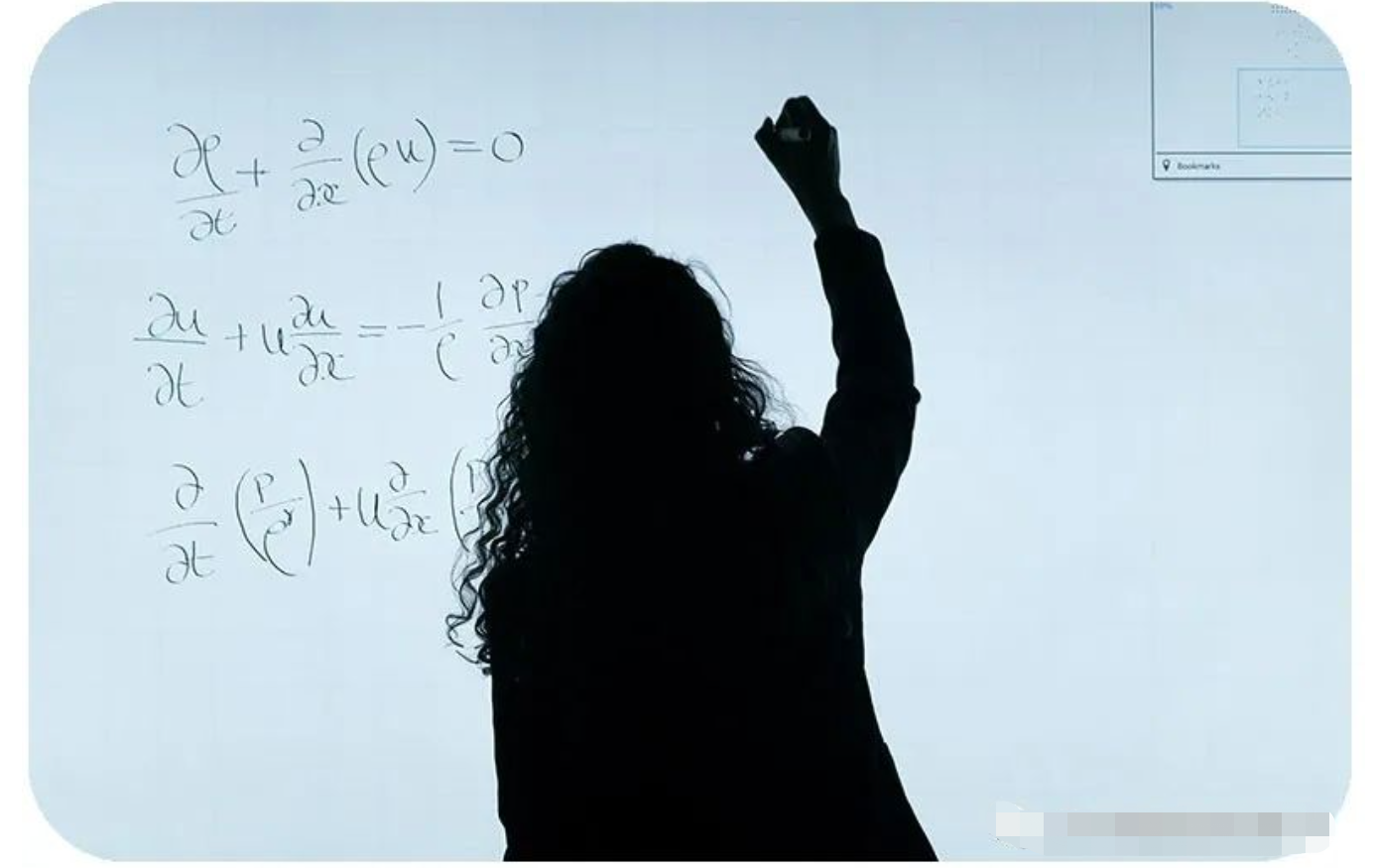
Finally, we asked Mr. Crozier what his plans were for the department going forward:
"We talked earlier about teachers being specialists. I’m a Statistics and Decision Maths specialist myself. One of the things we are working on as a team, is allowing teachers to develop their specialisms, so we have a team with specialists in every area of mathematics. It’s important that as teachers, we continue to learn about the world around us. For us the crucial thing is doing the right type of maths at the right time, to help our students develop a lifelong passion for maths and the skills to succeed at university and beyond."





